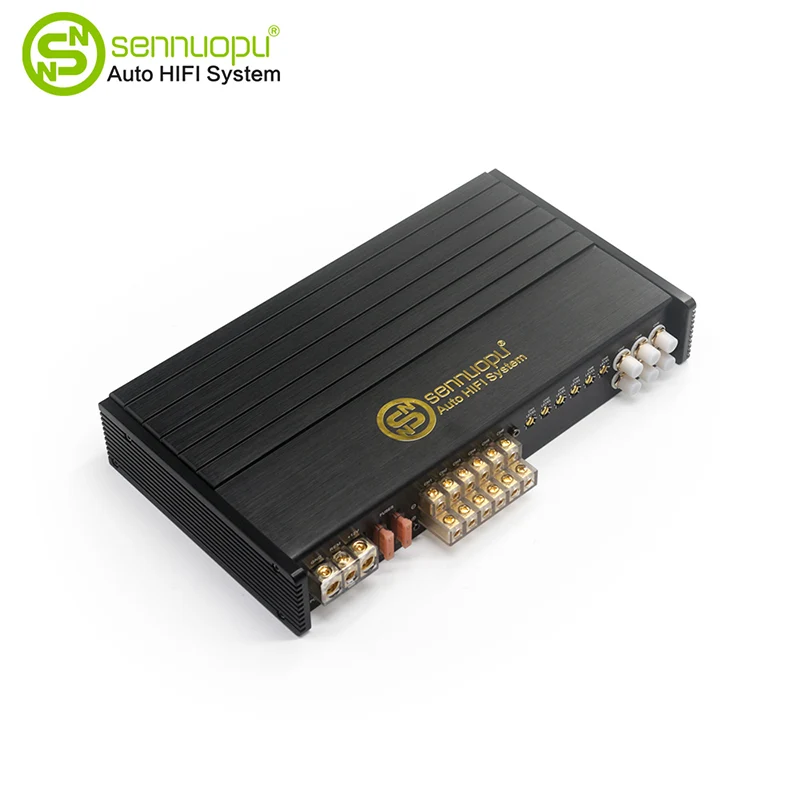How to install Car Amplifier
2025-05-27
Installing a car amplifier can significantly improve your audio system, but it needs to be done correctly for safety and performance. Here's a step-by-step guide on how to install a car amplifier:
What You’ll Need:
Amplifier
Amplifier wiring kit (usually includes power wire, ground wire, RCA cables, remote turn-on wire, fuse holder, fuse, and speaker wire)
Wire cutters/strippers
Screwdrivers
Electrical tape or heat shrink tubing
Zip ties
Multimeter (optional, but helpful)
Step-by-Step Installation Guide
1. Disconnect the Car Battery
Important: Disconnect the negative terminal of the battery to avoid electrical shorts or shock.
2. Mount the Amplifier
Choose a well-ventilated location such as:
Under a seat
In the trunk
Secure the amp using screws. Avoid mounting it directly to metal parts of the vehicle body.
3. Run the Power Wire
Use the thick red power wire from the amp kit.
Run it from the battery (positive terminal) through the vehicle firewall into the cabin.
Use a rubber grommet to protect the wire from sharp metal edges.
Install the inline fuse within 18 inches (45 cm) of the battery terminal.
4. Connect the Ground Wire
Keep the ground wire as short as possible (under 18 inches).
Bolt it to a clean, bare metal part of the car’s chassis.
Scrape away any paint or rust to ensure a solid connection.
5. Connect the Remote Turn-On Wire
This thin blue wire connects to the remote/antenna wire of your head unit (usually blue or blue with white stripe).
It signals the amp to turn on when the head unit powers up.
6. Run RCA Cables (Audio Signal)
Connect RCA cables from the head unit’s RCA output jacks to the amp’s input.
Run the RCA cables on the opposite side of the car from the power wire to avoid interference.

7. Connect the Speakers
Run speaker wires from the amp to the speakers or subwoofer.
For full-range setups, you might run wires to all four speakers.
For subwoofers, just connect the sub.
Make sure polarity is correct: + to +, - to -
8. Reconnect Battery and Test
Reconnect the negative battery terminal.
Turn on the car and head unit.
Check that the amp powers on (usually indicated by a light).
Test the audio output and adjust gain settings as needed.
Tips & Safety
Double-check all connections.
Don’t let wires hang loose — use zip ties to secure them.
Make sure fuse rating matches the amplifier’s requirements.
Keep the amp well ventilated to avoid overheating.
If you are interested in our products or have any questions, please feel free to contact us and we will reply you within 24 hours.